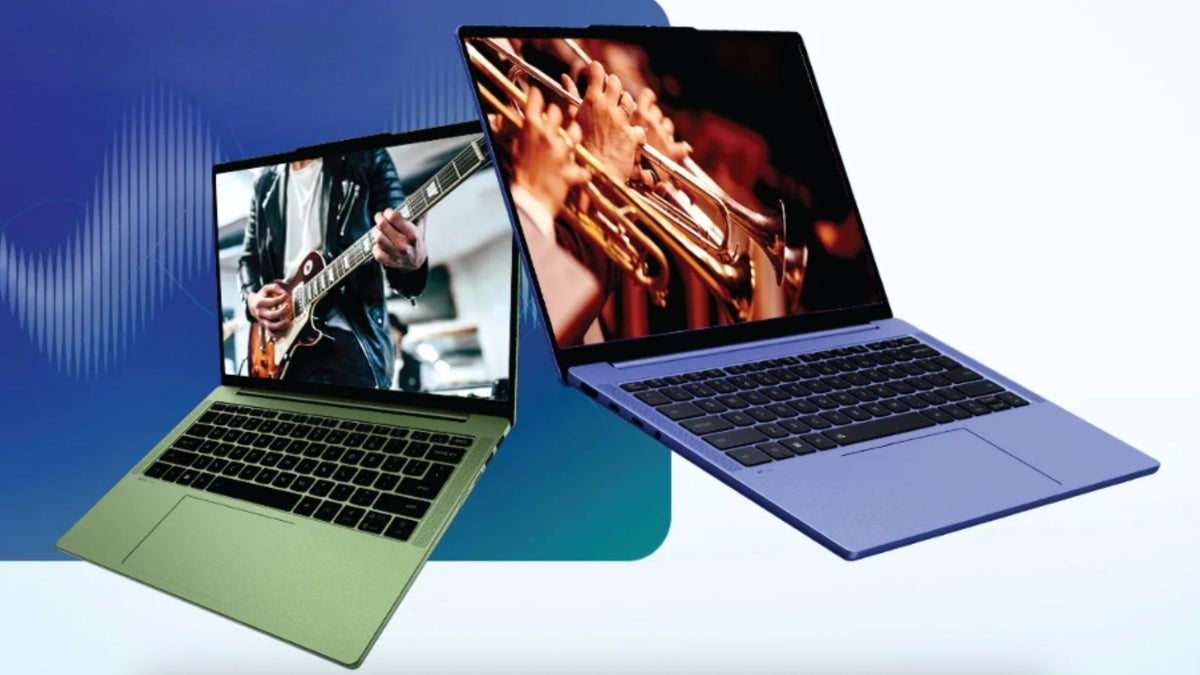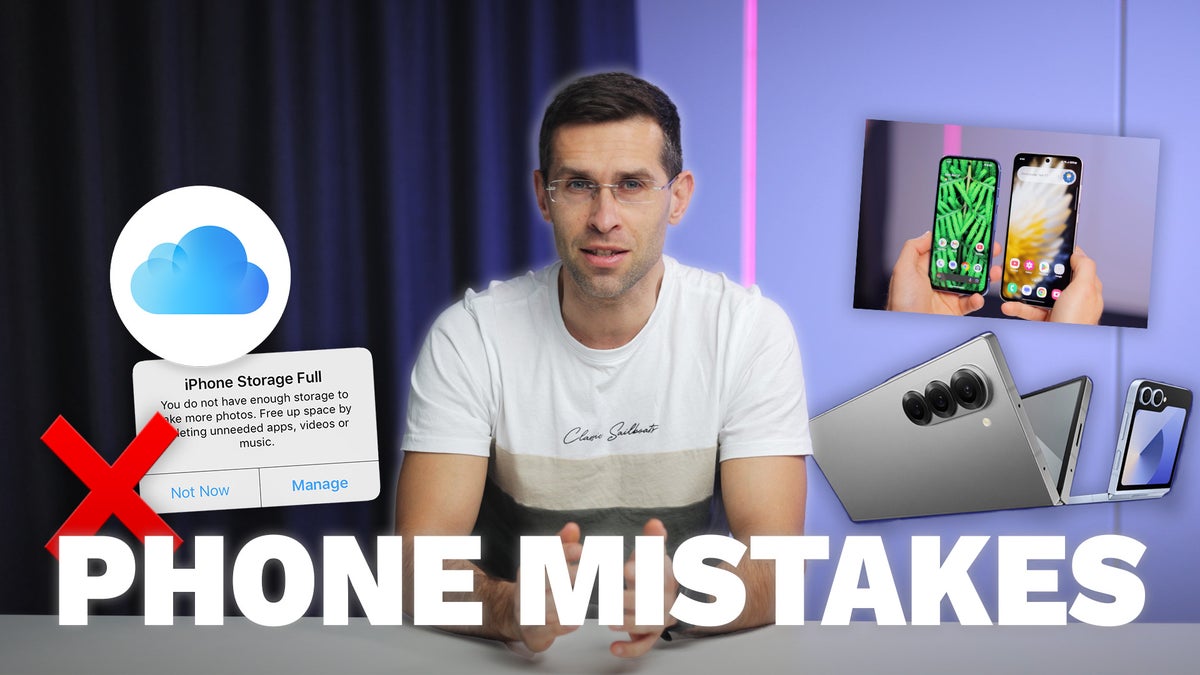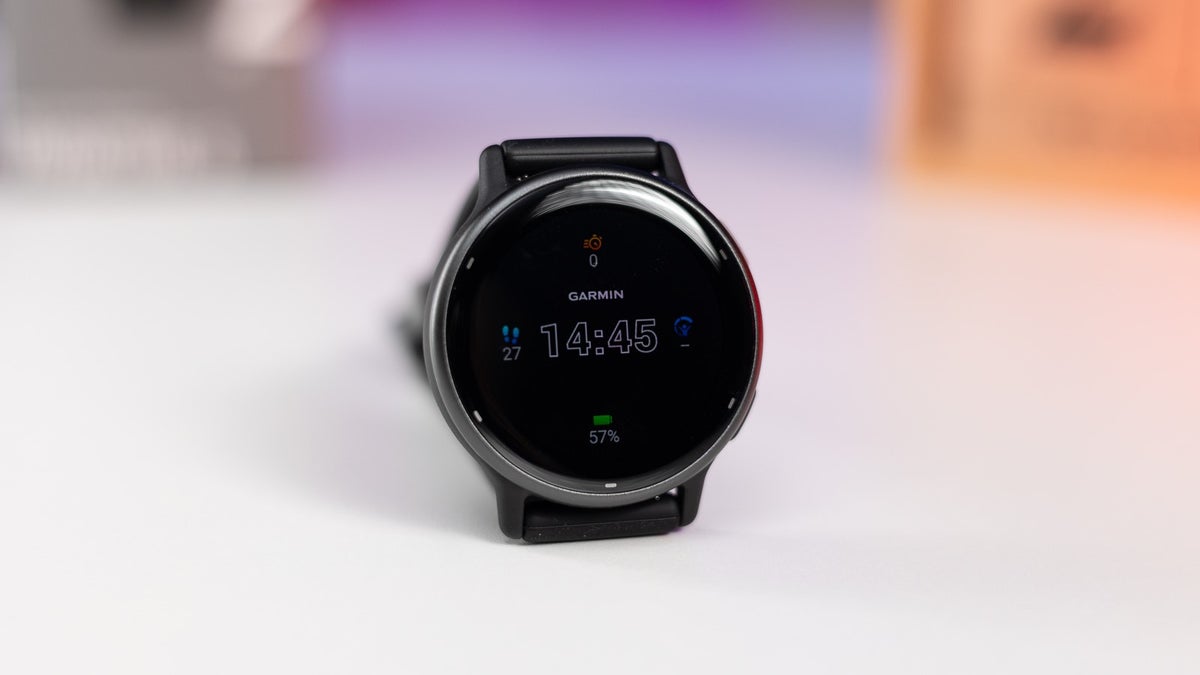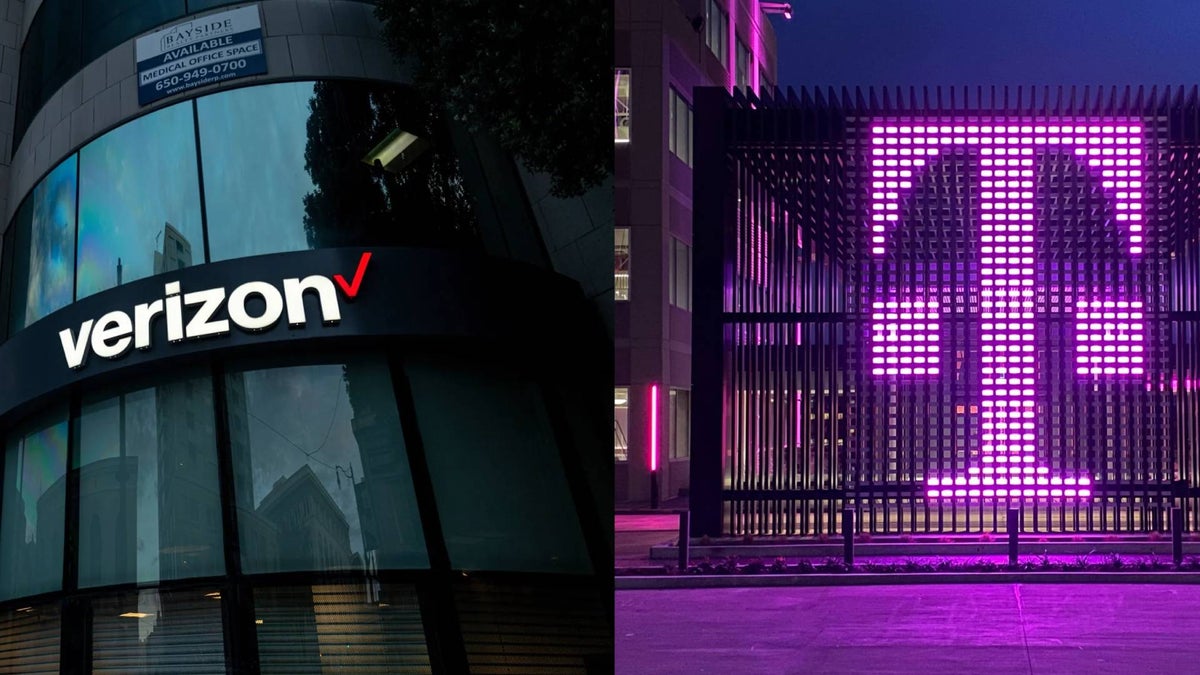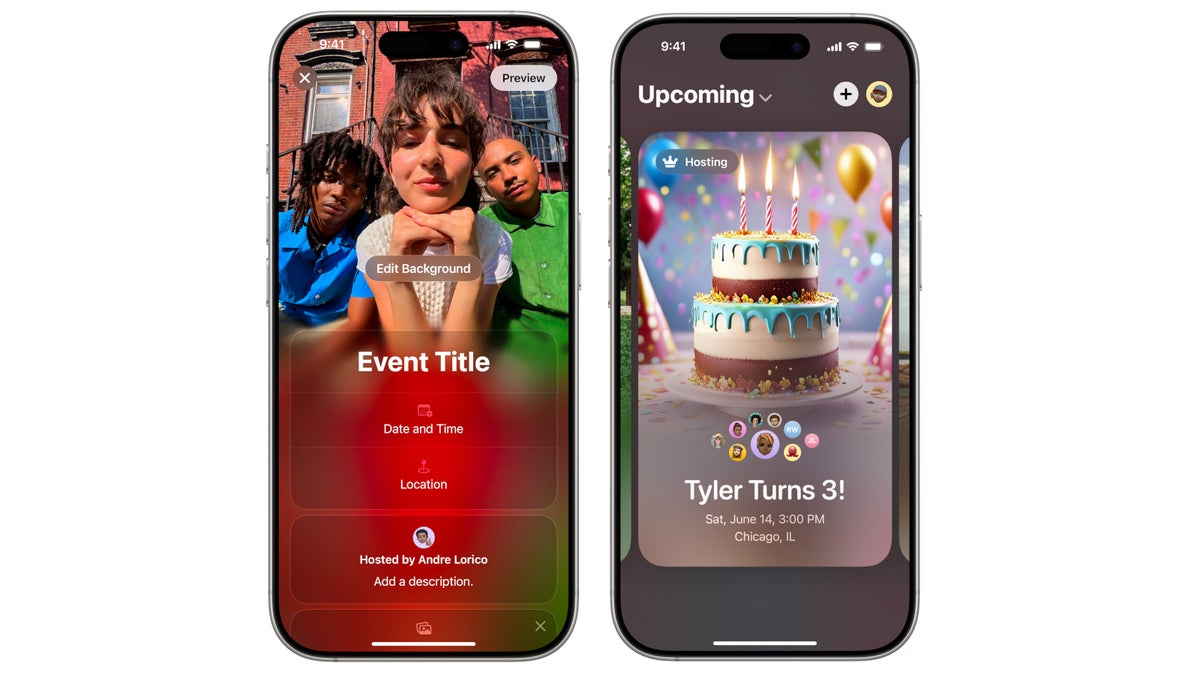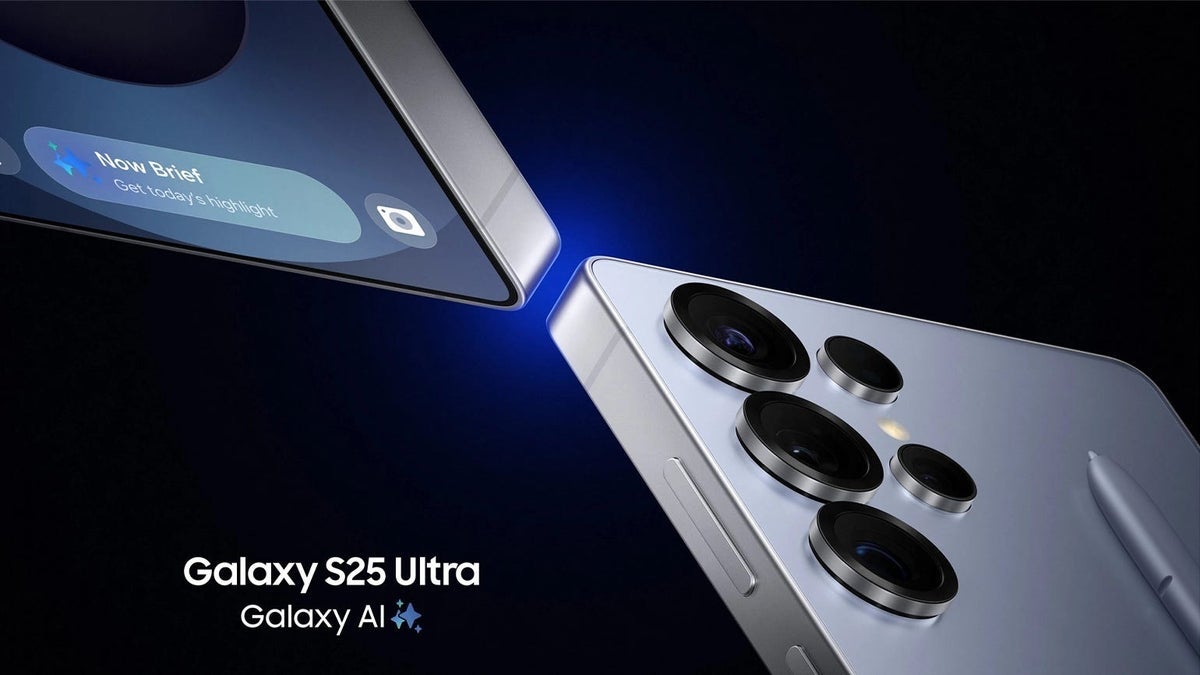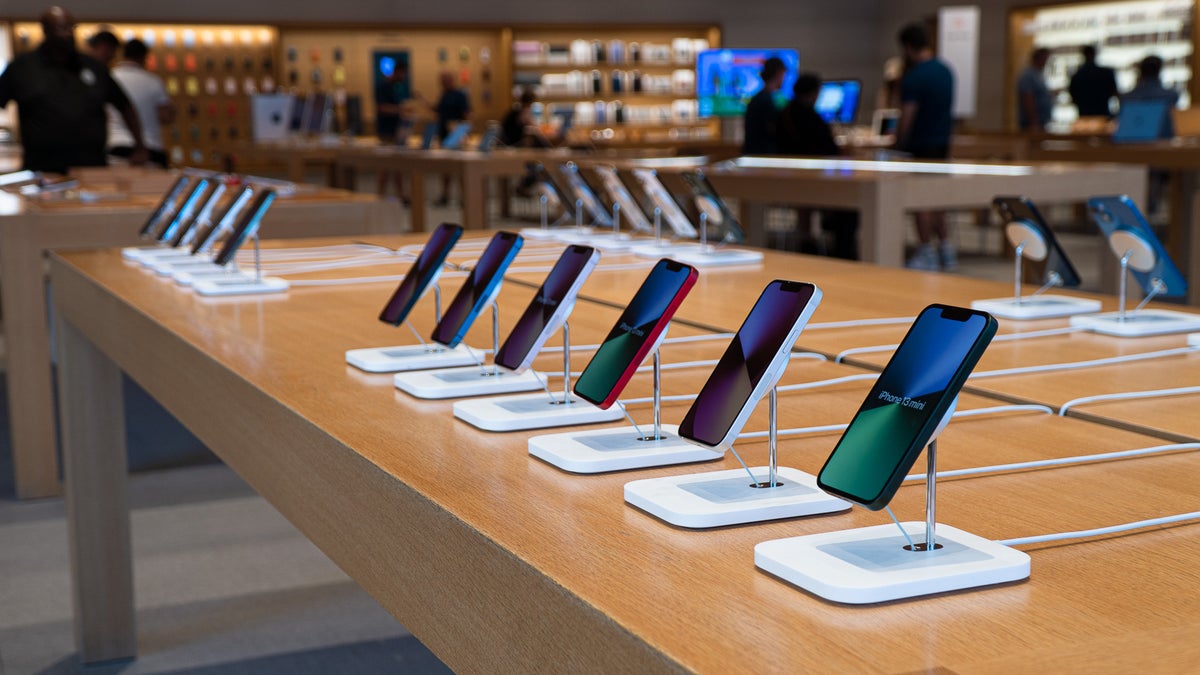[ad_1] These are no longer just adjustments to help with intercourse or rest. These foundations of the Apple ecosystem - the features that were historically exclusive and are part of the reason that many people choose Apple products via Android or other alternatives. Apple has not photographed words in its response, saying that some of the changes that the European Union wants "are real private risk and data security" for users. This is not just public relations. The closed ecosystem of Apple has always been a double-edged sword-it provides security, consistency and narrow integration between devices, but at the expense of flexibility and openness. Many people criticize Apple for this, and some of this criticism is valid. But forcing Apple to break these walls completely begins to feel that they are organizers trying to re -engineer the product, rather than just settling the stadium. The Apple Digital Law was forced to allow third -party applications on the iPhone, which is furnished by Apple, but only in this region. | Photo credit - DMA Although Apple might correspond - at least on paper - it has already found innovative ways to reduce the amount of these new rules that actually affect the user experience. For example, in IOS 17.4 (Edition of the European Union DMA requirements), Apple provides third -party applications and alternative browser engines, but hoop developers need to jump through them. Users suffer frightening warnings that can discourage them from Apple's approved path. To be fair, Apple is not the only company under the DMA microscope. Google is also required to give users more options when preparing Android devices, and Meta faces scrutiny on how to collect their services. But Apple is unique in the amount of its commercial brand about uniqueness and narrow integration. Forcing them to open up seems more annoying than it may be for a company that already plays with others. As a person generally supports more openness in technology-especially when consumers-you are all for the European Union that pushed Apple to USB-C and RCS. More than that as a person uses both iPhone and Android as a daily driver. This is about measurement and making basic technology functions easier for everyone. But this last round of demands looks like something else. It is one thing to create more fair conditions for competition; It is another matter to dismantle what makes the product distinguished in the name of fairness.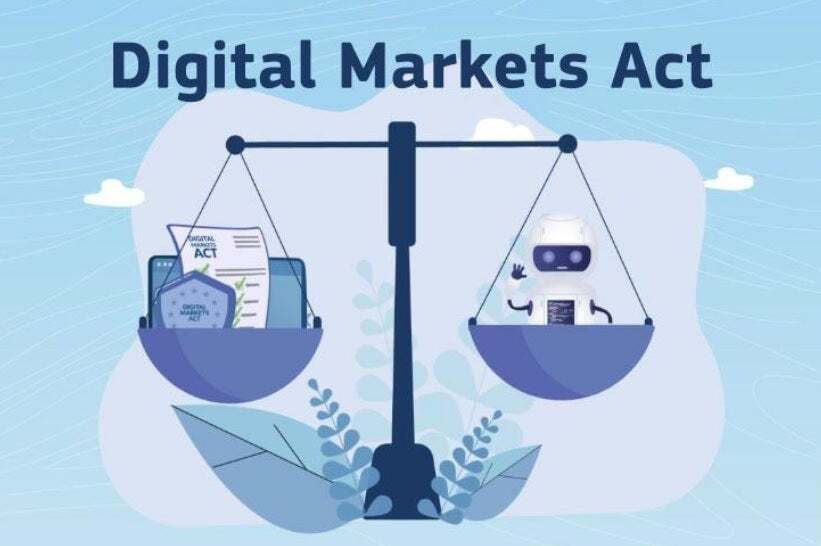

[ad_2]
Download
Is the EU’s push for more iPhone openness going too far?
| Name | |
|---|---|
| Publisher | |
| Genre | News & Magazines |
| Version | |
| Update | March 30, 2025 |
| Get it On |  |



